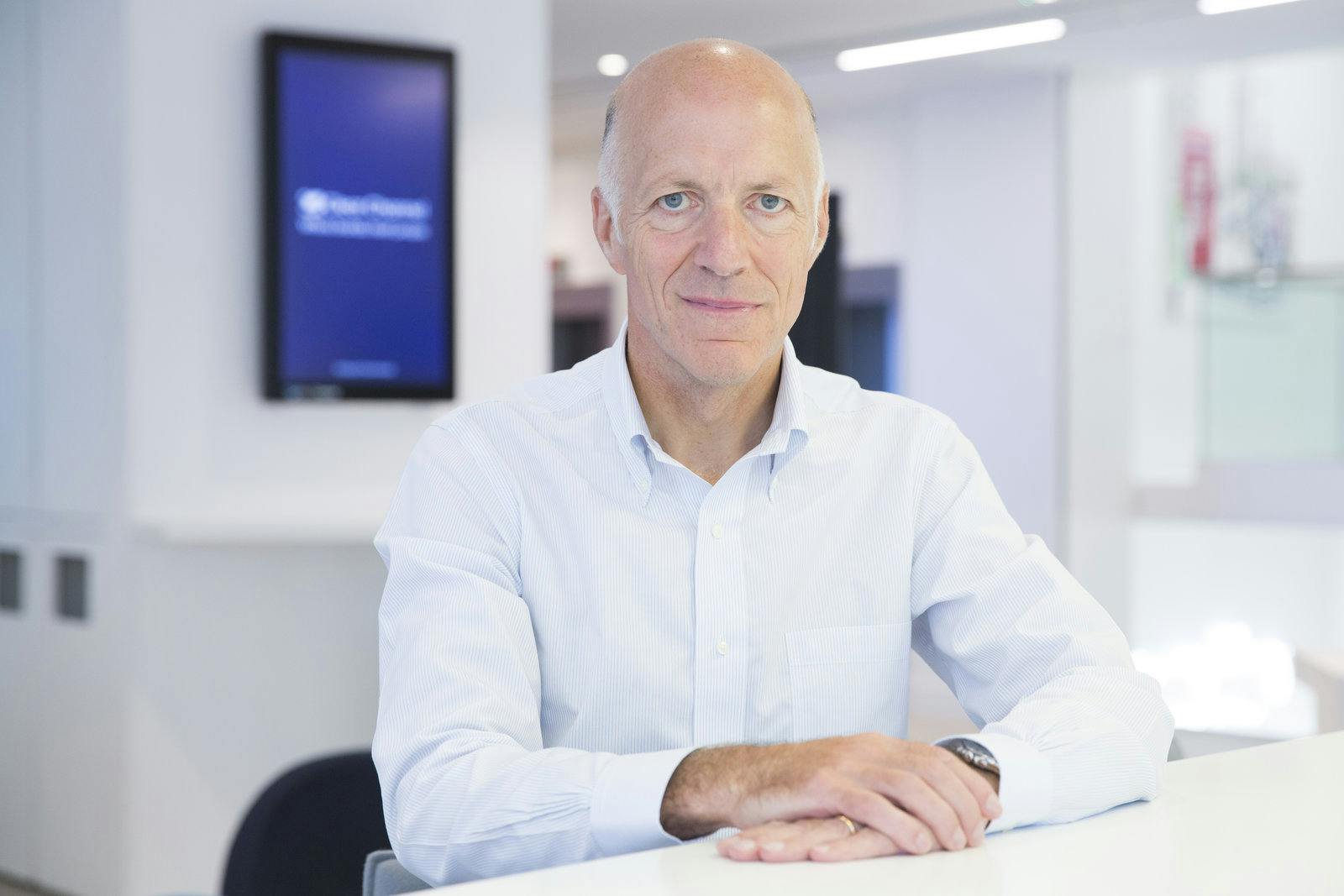
How to sit on a third-sector board | William Eccleshare, CEO of Clear Channel Outdoor Holdings
Susan Boster talks with William Eccleshare, CEO of Clear Channel Outdoor Holdings, about time, money and patience...
William Eccleshare is Worldwide CEO of Clear Channel Outdoor Holdings and a member of the CCOH Board. Prior to joining Clear Channel in 2009, William was Chairman and CEO of BBDO Europe, Middle East and Africa (Omnicom); European Chairman of Young and Rubicam (WPP); Global Strategic Planning Director of J. Walter Thompson Worldwide; and CEO, PPGH/JWT Amsterdam. He also spent three years as a Partner at McKinsey & Co, leading the firm’s European Branding Practice.
What boards, private and third sector, do you currently sit on, and which have you sat on in the past?
I am currently on the board of the Donmar Warehouse and chaired our Future Audiences committee looking at how we diversify our audience and improve access. I am the Senior Independent Director at Centaur Media and a NED at Britvic plc, and spent nine years on the board of Hays plc (recruitment). From 2002 to 2012, I sat on the board of governors of University College School and chaired the Curriculum Committee there.
Why did you choose to join the board of a cultural organisation?
I felt I could bring my commercial experience, particularly around marketing and brand communications, into a sector with which I have a lifelong love affair.
What are the key differences between your experiences on corporate boards and third sector boards?
On corporate boards one always has the long-term interests of shareholders as the ultimate guide to decision-making. For third sector there is a much more complex mix of criteria which requires sensitivity, personal judgement and a fondness for ambiguity.
What are the key qualities for a good board member in the arts/charity sector?
Firstly – and as with commercial boards – there needs to be a good understanding of the non-executive nature of the role. We are there to hold the executive team to account, but have to strike the right balance so that we are not overbearing or cross the line into running the place. Next, it’s critical to love, really love, the sector. The real work never gets done in the board meeting and if you don't want to put in the time to get to know the team, see every show, read every review, re-tweet every tweet and hang out in the place then really don't bother!
Finally, patience. You are not in a commercial environment. Things take longer, factors other than bottom line are in play – it truly is a different world.
What is the most unexpected lesson you have learned from your experience on third sector boards that you have then used for your NED/similar positions?
It may seem obvious but if you’ve spent decades in the private sector, it does come as a wonderful surprise to work with people who are not motivated by money. Understanding this has caused me to reappraise motivation in the commercial world and to seek to re-evaluate employee value propositions.
What is the biggest challenge your arts/culture/charitable organisations are facing right now?
Our world has been turned upside down by COVID-19 and our sector is in real danger. We urgently need to find new ways of connecting with our audiences whilst maintaining quality and distinctiveness. Fundraising in this new environment will require even greater ingenuity and we must not lose sight of our goal to gain share of mind from a younger, ethnically and socially diverse audience.
When have you gotten it wrong, and what did you learn?
I’ve tended to be excessively influenced by the leadership’s ability to sell their vision. I’ve learnt to dig deeper, to build broader relationships at all levels of the organisation and to really understand what’s going on outside the board meeting.
What is your advice to someone joining their first board in any sector?
Listen. Really listen. Understand what your unique value might be. Be supportive first; challenge only when absolutely necessary. Ask real questions, and don’t be distracted by point-scoring.
Susan Boster is the founder and CEO of Boster Group Ltd. an independent marketing consultancy that creates innovative brand partnerships for global corporations and cultural institutions to achieve business and social impact goals. Current and recent clients include BNP Paribas, Montblanc, Insight Investment, Moët Hennessy, AMEX, Gap Inc., Credit Suisse, Bacardi, EY and Disney.
Boster Group shapes partnerships on the basis of shared values, untapped assets and complementary capabilities. Distinctly, Boster Group measures return on investment for its clients and is focused on the impact of the creative campaigns it develops. Previously a CMO for News International, Susan is currently on the boards of English National Ballet, Donmar Warehouse, The Representation Project, and serves on the Enterprise Committee at The Design Museum.
Nurole is the global platform changing the way organisations bring the best people on to their boards. Find out how it works for talented people looking for the best board level positions, and for organisations looking to hire the best board level talent.



